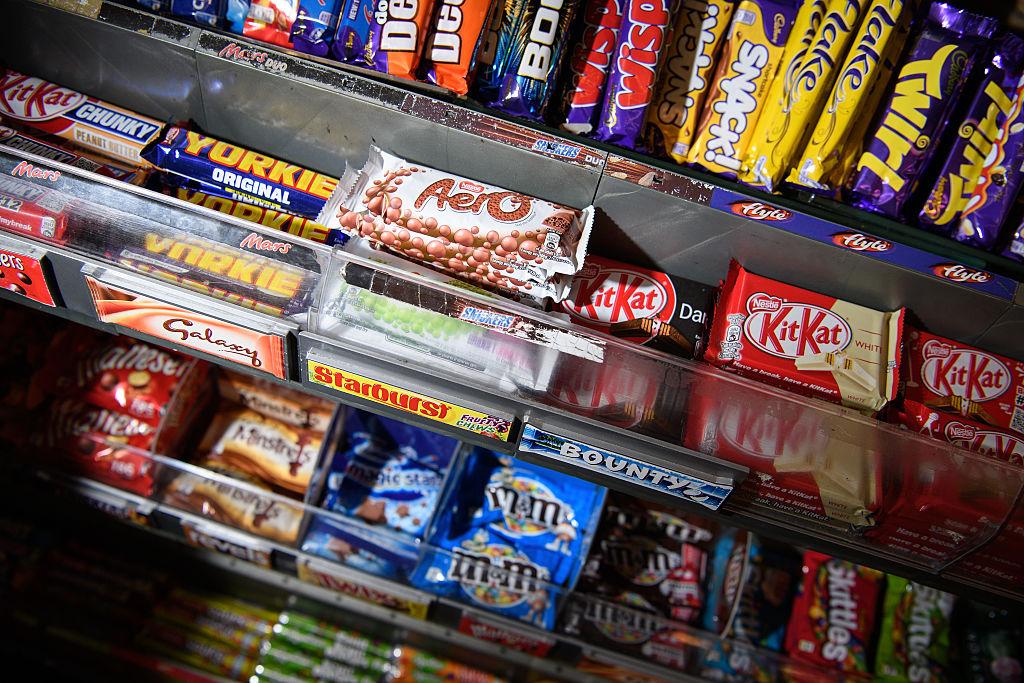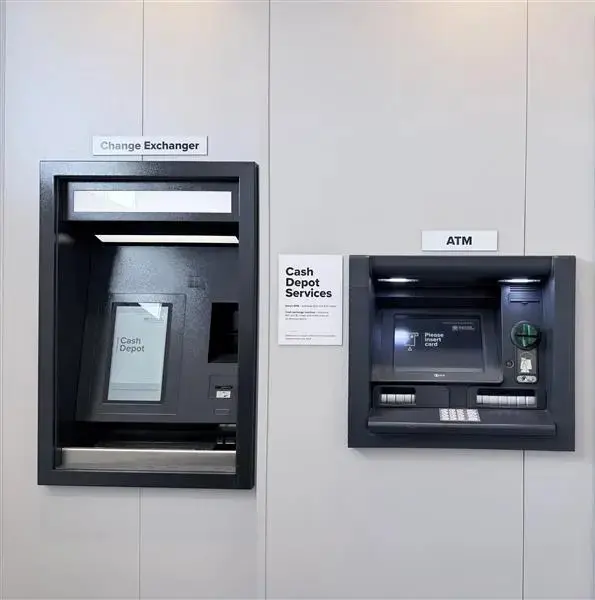South Australia (SA) will become the first state to ban advertising for fast food products on its public transport network when a ban comes into force on July 1 this year. It will apply to products including chocolate, lollies, confectionery, desserts, ice creams, soft drinks, and chips.
Until the move, advertising of such items was governed only by a voluntary code and industry self-regulation. However, research suggests that it isn’t effective in limiting children’s exposure, mostly on their way to and from school.
The Cancer Council says about 80 percent of food advertising on public transport and near schools in New South Wales and South Australia were for junk food items, while in Victoria, 90 percent of ads within 500 metres of schools promoted unhealthy products.
In Perth, children who catch the train are exposed to 37 such ads on their way to school, or 22 per trip if they catch the bus, according to research by the Telethon Kids Institute.
The SA government said overweight and obesity accounted for 8.3 percent of the total disease burden (the impact of living with illness and injury and dying prematurely) in Australia last year. Around 63.1 percent of adults and 35.2 percent of children across the state fall into one of those two categories.




